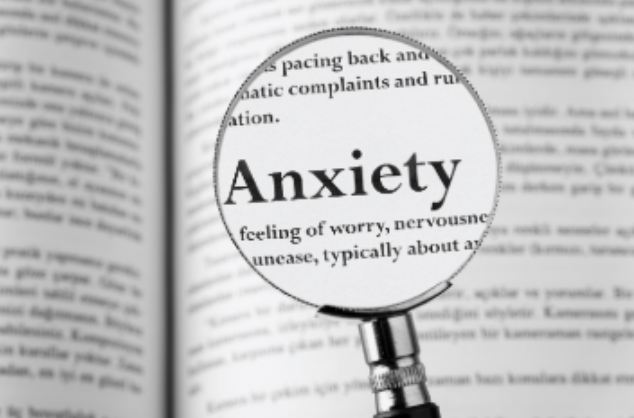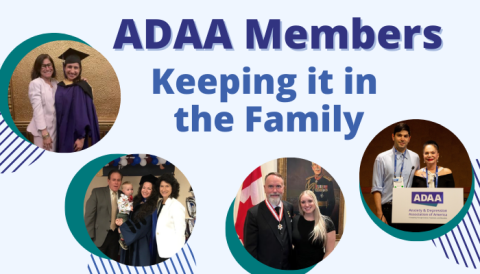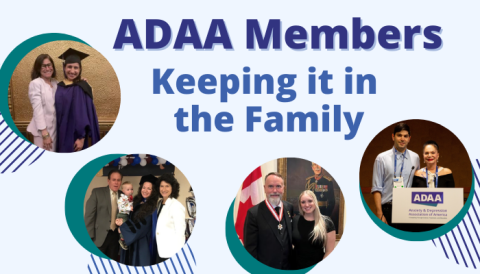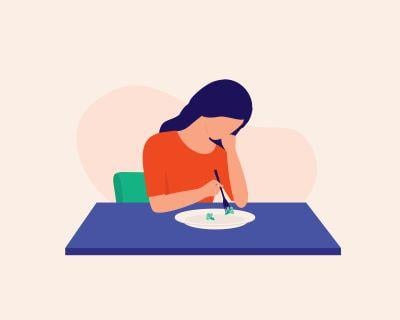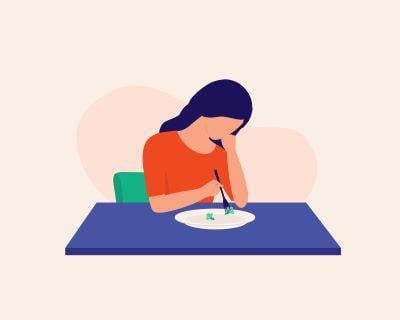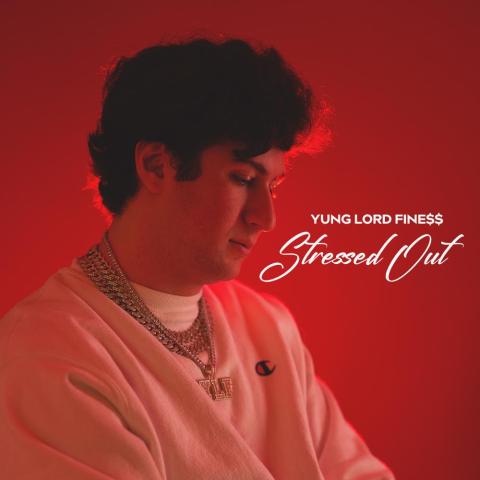By Sheila Achar Josephs, PhD
 Anxious teens are vulnerable to experiencing a panic attack, which is a frightening experience, especially since it can occur out of the blue. A panic attack is a sudden and sharp rise in anxiety accompanied by physical symptoms such as racing heart, dizziness, numbness and shortness of breath. The physical symptoms are an adaptive response to the perception of being in acute danger. However, they can unfortunately arise under everyday stress, such as when a teen has to take a daunting test. What can you do to help your anxious teen cope with a panic attack?
Anxious teens are vulnerable to experiencing a panic attack, which is a frightening experience, especially since it can occur out of the blue. A panic attack is a sudden and sharp rise in anxiety accompanied by physical symptoms such as racing heart, dizziness, numbness and shortness of breath. The physical symptoms are an adaptive response to the perception of being in acute danger. However, they can unfortunately arise under everyday stress, such as when a teen has to take a daunting test. What can you do to help your anxious teen cope with a panic attack?
Label the Panic Attack as Harmless Anxiety
Many teens misperceive a panic attack when it is occurring. They think all kinds of scary thoughts: Are they going crazy, dying, about to faint or having a heart attack? Such thoughts trigger heightened anxiety, which often leads to worsened symptoms. Therefore, it is important to help teens understand that they are not in any danger but that their body is overreacting to feeling very anxious. In short, let them know that they are experiencing a false alarm.
Model Being Calm
Even though teens won’t show it, they look to their parents or other adults for how seriously to view their condition. If a parent reacts with great concern, it inadvertently sends a message that the panic attack is serious and potentially dangerous. So, when your teen is in the midst of an attack, demonstrate with both your words and behavior that there is no emergency. For example, you can say, “I know how uncomfortable you feel right now but you are okay and after a while, you will feel better.” Most panic attacks subside quickly and most often within twenty to thirty minutes. In the meantime, encourage your teen to ride out the discomfort. Those who help support your teen: a school counselor, teacher or nurse can also reinforce the message that there is no emergency. If you are unsure if your teen has a true medical problem, consult a nurse or doctor so that you can be reassured; then go about treating the symptoms as harmless.
Reduce Avoidance
Teens often avoid returning to the place or places where a panic attack has occurred, fearing that the uncomfortable physical sensations will return. For example, they might resist returning to school if they were dizzy in class. While understandable, this avoidance only worsens anxiety and increases the chance for more panic attacks. So, even though it may be hard to watch your teen suffer, encourage a return to situations that triggered an attack, while at the same time empathizing with how challenging it is to face a scary situation. If your teen finds it too difficult to decrease all of the avoidance all at once, encourage a gradual reintroduction to each situation, starting with the least anxiety-provoking and moving on to the most anxiety-provoking.
Panic attacks typically begin in adolescence and can occur with all anxiety disorders. Notably, once panic attacks are experienced, they can lead to Panic Disorder - a persistent concern with experiencing further attacks, worry about the impact of an attack and a resulting change in behavior. So, by improving your teen’s ability to cope with panic, you can potentially prevent the development of a disabling anxiety disorder. If your teen continues to struggle despite your efforts, consider seeking help from a psychologist with expertise in cognitive-behavioral therapy, which has been demonstrated to effectively treat this problem. With support, teens can learn to cope with and reduce their panic attacks.
Sheila Achar Josephs, Ph.D. is a licensed psychologist in Princeton, NJ. and the author of Helping Your Anxious Teen: Positive Parenting Strategies to Help Your Teen Beat Anxiety, Stress, and Worry. She specializes in state-of-the-art cognitive-behavioral therapy for anxiety disorders in children, adolescents and adults. Visit her website.
